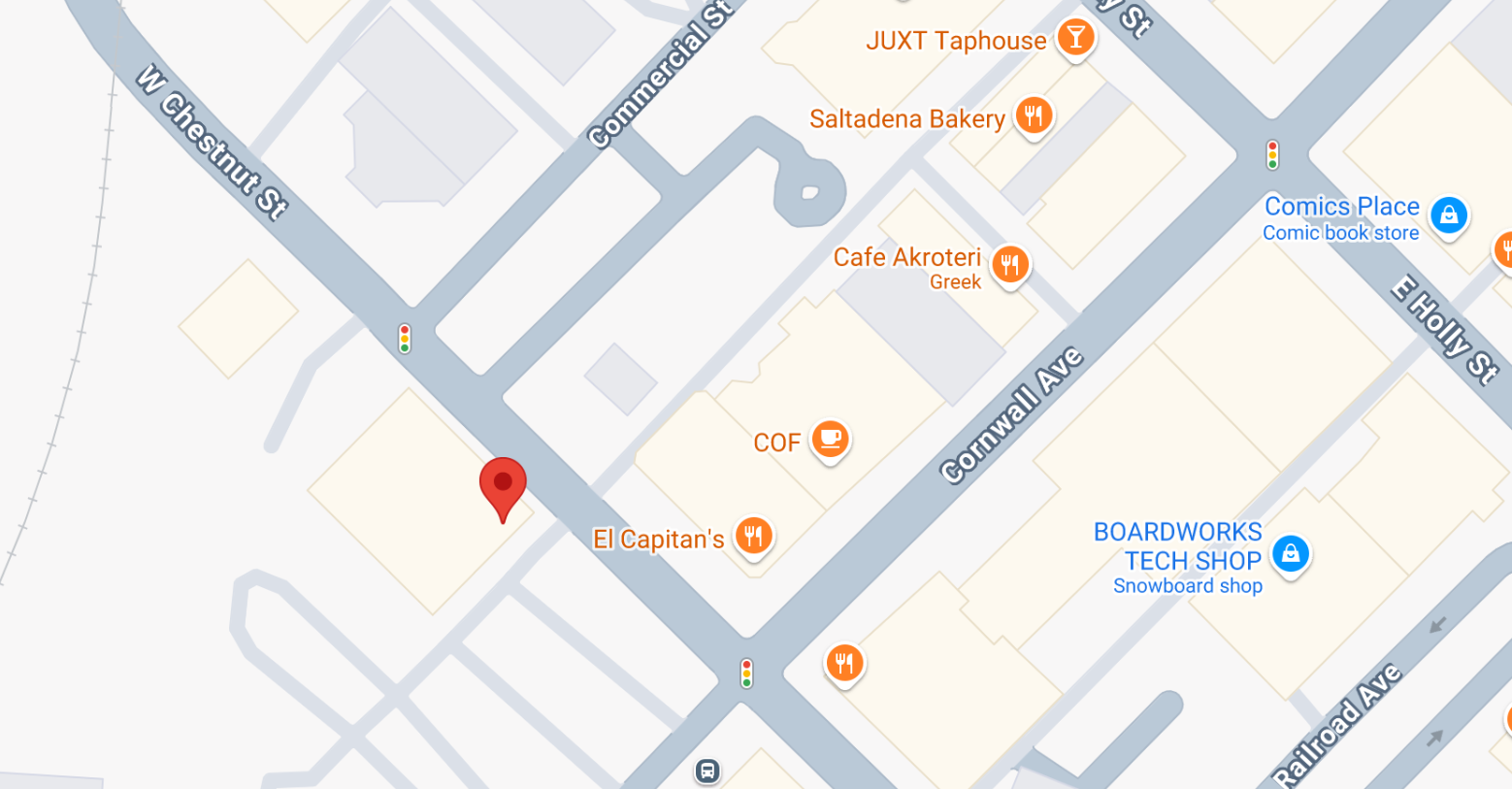 The majority of the time a will is able to provide all that my clients need to facilitate the transfer of their assets and handle most other end of life issues. However, there are a multitude of situations where a will does not accomplish the goals of the client. This is when estate planners turn to a trust to satisfy more complex client requirements.
The majority of the time a will is able to provide all that my clients need to facilitate the transfer of their assets and handle most other end of life issues. However, there are a multitude of situations where a will does not accomplish the goals of the client. This is when estate planners turn to a trust to satisfy more complex client requirements.
Trusts are very powerful and very flexible instruments. When the trust is first created, the creator of the trust is referred to as either “the donor,” “the grantor,” or “the settlor.” A trust is an entity itself, and it continues as a ‘living’ entity even after the death of the settlor. They get their name from the fact that property is transferred to the care of a “trustee” in “trust” for another group of people called the “beneficiaries.” The trustee holds and manages the property for the beneficial use of the beneficiaries. Trusts can function as a type of will (called a “testamentary trust”), but they can also be used to accomplish nearly any other client objective. Trusts can be created during the client’s life (called an “inter vivos” or living trust), and can be used to hold assets during the client’s lifetime as well. The beauty of the trust is that it allows the donor to grant broad powers to the trustee or restrict the actions of the trustee drastically. The donor has wide latitude to dictate the conditions and rules that the trustee should follow with the assets and the timing and sizing of distributions made to the beneficiaries.
A key aspect of a living trust is whether it is irrevocable or revocable. An irrevocable trust restricts the ability of the settlor to make changes to the trust. A revocable trust allows the settlor great flexibility in the changes that can be made to the trust after it is created and while the client is still living. However, the flexibility of the revocable trust has downsides. The revocable trust does not generally give the settlor any tax advantages, and it is not a great vehicle for protecting assets from creditors; the irrevocable variety of trusts can provide these characteristics if these are primary goals of the client.
There are many good reasons why a client may choose to create a trust. One of the most common reasons is to provide for the care of children and young adults. Many parents and grandparents want to make sure that their young children and grandchildren are taken care of well into their adulthood. If a parent or grandparent has the financial ability to do so, most would desire to hold the majority of assets destined for the child in trust so they are available for important milestones in the child’s life such as buying a first home, getting married, going to graduate school, or starting a business just to name a few examples. It is common for assets to be disseminated to the children as they are needed or in smaller portions until the child has fully matured at 25, 30, or even 35 years of age. The trust removes the responsibility of managing the assets from the children so that they can concentrate on living their lives.
Call us here at Westward LAW so that we can help you determine whether a trust is in your future.



